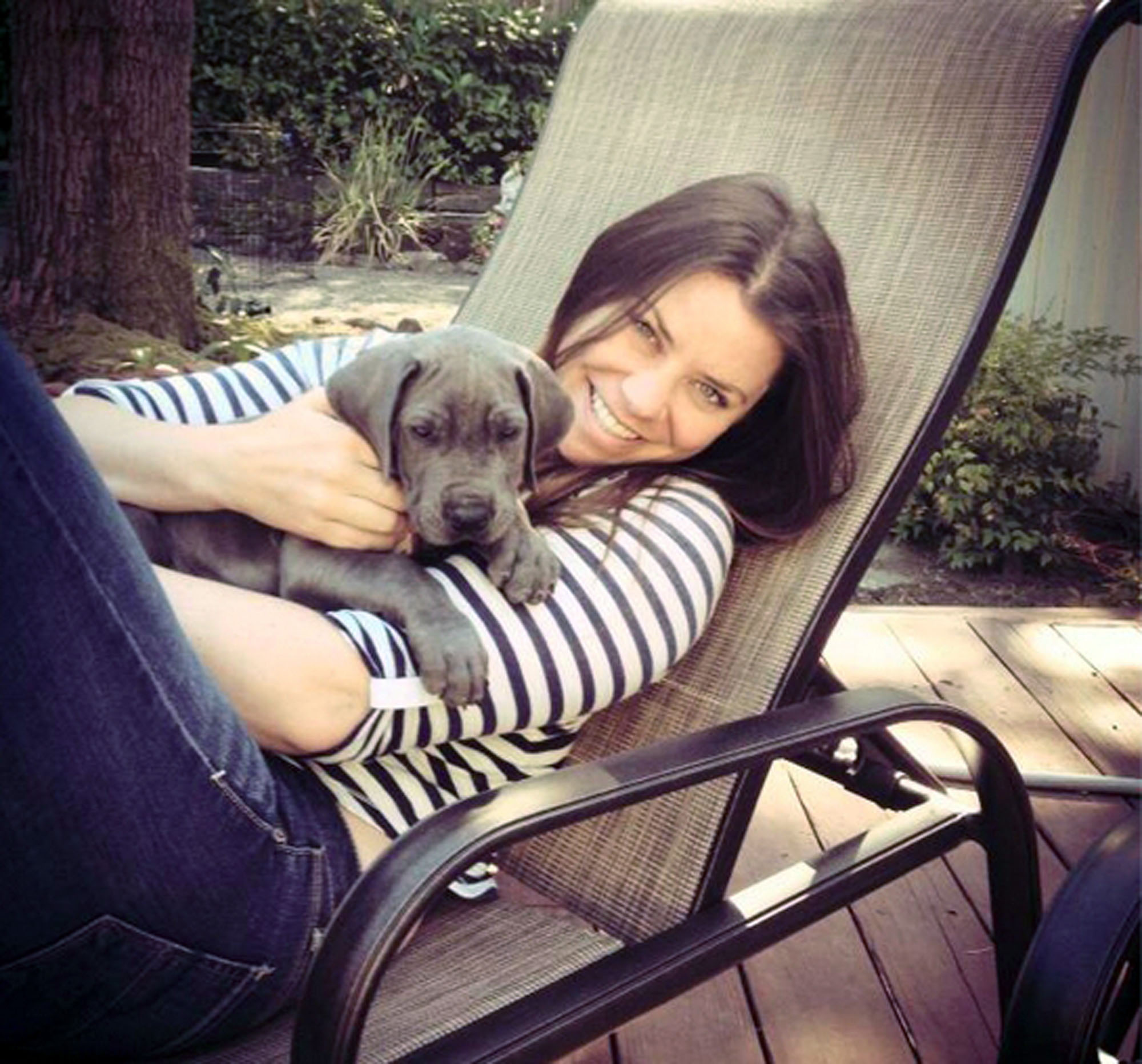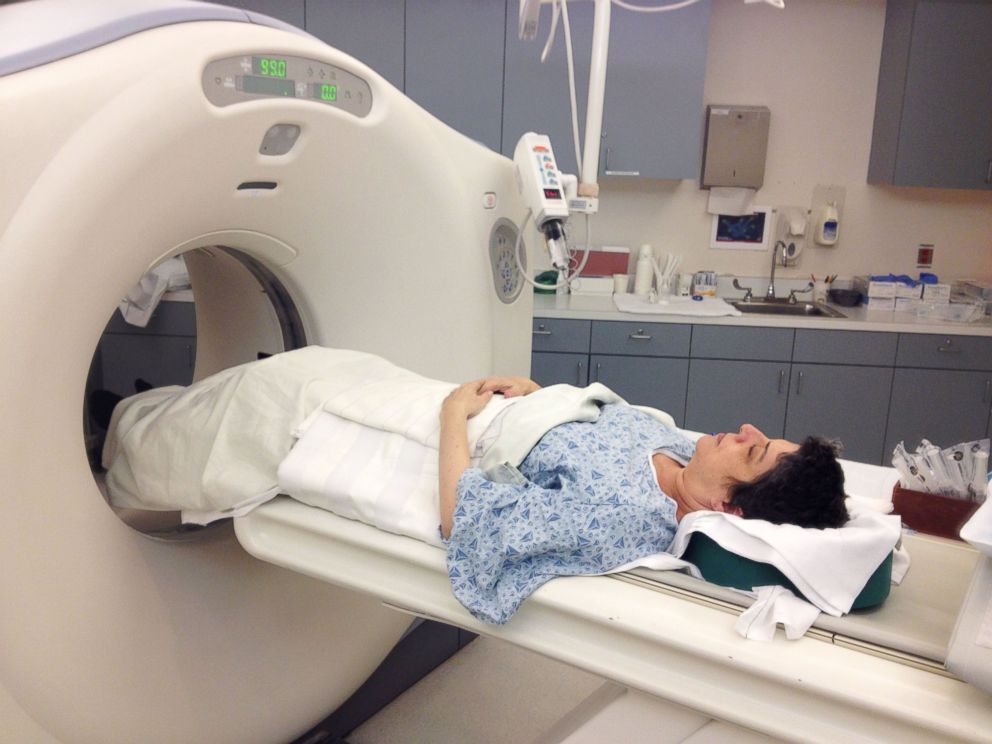Cancer Patient Wants Brittany Maynard's Option to Die With Dignity
Jennifer Glass is fighting advanced lung cancer.
— -- Writer Jennifer Glass has been living with advanced lung cancer for nearly two years and has just a 5 percent chance of surviving past the next five years.
Glass, 51, hopes that within the next few years her home state of California will change its laws to allow a "death with dignity" option similar to the right invoked this past weekend by Brittany Maynard who ended her life in Oregon before experiencing the worst effects of her terminal brain tumor. Maynard had to move from California to Oregon to be able to legally get the help she needed to end her life.
Glass’ life has not stopped after her 2013 diagnosis, which occurred just four months after she was married. She has been speaking and writing about her experiences in the outlets Parade Magazine and Huffington Post in the hopes her story will help others in a similar situation.
Earlier this year she posted a video of her transformation during a year of cancer treatments that went viral with over 300,000 views.
One way Glass has also tried to change the conversation about living with cancer by confronting her death and her options.
Glass said if her cancer does run its course and it becomes clear she has only a short time left to live, she wants to be able to control decisions about the end of her life.
“The only control I have is how that happens and I want that control for myself,” Glass said.
For the past year Glass has worked with Compassion and Choices, the same non-profit organization that worked with Maynard as she approached the end of her life.
Maynard made national headlines this year after announcing her decision to die on a Nov. 1. Maynard, who was diagnosed with a terminal brain tumor, had moved from her home in northern California to Oregon in order to legally be prescribed medication to end her life.
Maynard died on Saturday and her obituary posted at the Compassion and Choices website included her wish she had the option to stay in California.

“She moved to Oregon to pass away in a little yellow house she picked out in the beautiful city of Portland,” read the obituary. “She wished that her home State of California had also been able to provide terminally ill patients with the same choice. “
Glass said she hopes she will not have to move like Maynard did.
“I would be devastated if I have to leave my home just so I can die the way I want to,” said Glass.
The intense public reaction to Maynard’s decision and her death has given Glass her hope that people will be open to learning about death with dignity legislation and be supportive of it in California.
“I think it’s an issue whose time has come,” said Glass. “ We’re living in a time of unprecedented choice... We expect and demand all of these choices because they influence a quality of life. That has to include end of life. “
After Maynard’s death, Glass hopes that she and others at Compassion and Choices will be able to change California’s law so that state residents will be able to have the same option Maynard did.

Toni Broaddus, California campaign director for Compassion & Choices, said the organization had a five-year campaign plan for the state that she hopes will end with terminally ill patients legally being able to obtain a prescription of a life-ending drug from a doctor.
With Maynard’s story making headlines and people like Glass now speaking out, Broaddus hopes the original timeline might be condensed.
“We’re really pushing the local strategy hard, looking at what else is possible that we didn’t think was possible for a few years,” Broaddus said.
Glass said the five-year time line was particularly meaningful since a “three to five year window” is her likely prognosis.
“I’m really focused and hopeful that if and when the time comes for me, I will have a legal option and not be forced about potentially [leaving] my home,” she said.Editor’s Note: This article corrects an error made in an earlier version, which incorrectly cited the year of Glass’ cancer diagnosis; she was actually diagnosed in 2013. It also clarifies other points.




